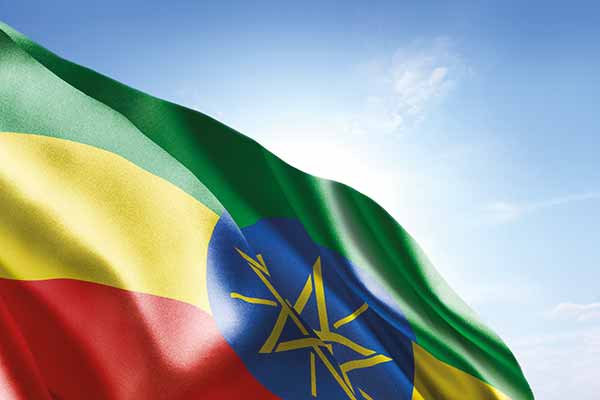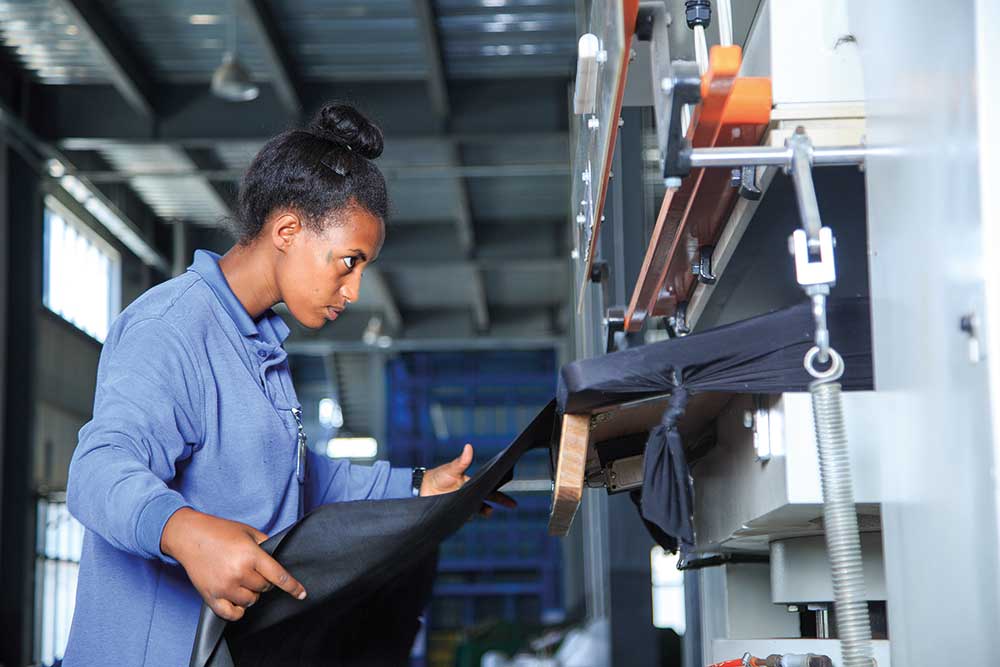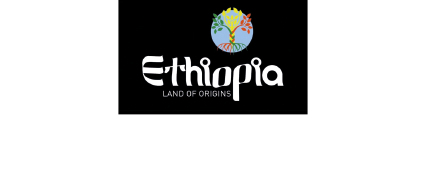Ethiopia thinks Future!
First in Africa and tenth in the world in terms of cattle population, Ethiopia possesses ample business potential opportunities for leather industry, employment generation, export earnings, and expediting nation’s pace towards industrial development.
As sources indicate, the country has about 2.5 percent of the world livestock population with about 57.83 million cattle; 28.04 million sheep and 28.61 million heads of goat. Every year, the nation produces 5 million tons of hides, 8.1 million tons of sheepskins and 7.5 million tons of goat skins.
In view of these resources and identifying the multifaceted rewards in terms of creating more jobs, boosting export and overall economic growth, in the past decades, the government has been striving to develop the leather sector. This is being done mostly through attracting local and foreign investors from across the world and facilitating conducive environment to export high-end leather products rather than semi-processed outputs. And the country has made significant strides in the sector over the last few decades.

Low Production Costs (Labor, Power, Water, Telecommunication):
Power production has increased steadily over the last ten years, with 99% sourced from clean energy in the form of hydropower. Ethiopia has the second largest hydropower potential in Africa (Deloitte, 2014), and the country’s installed electricity generating capacity is expected to reach 10,000 MW by mid-2015. The Grand Ethiopian Renaissance Dam – the largest hydroelectric power dam in Africa being built on the Nile river – is expected to generate 6,000MW electricity. This coupled with Gilgel-gibe III (1,870MW) and Genale-Dawa III (254MW) and other wind power projects will make Ethiopia a regional power house.
Cheapest electricity rate in Africa and the whole world.
Expanding and improving telecommunication service.
Expanding road networks connecting national and regional markets.
Young, Trainable & Motivated Labor Force:
Ethiopia’s labor law, which regulates worker-employer relations, is in line with international conventions.
Ethiopia is the second most populous country on the continent with a working population of 60%
Ethiopia has a young and trainable labor force and supportive government policy that facilitates labor sourcing for industries.
Government Commitment:
High level political commitment for investment promotion and protection, investment policy making is led by the Ethiopian investment board chaired by the Prime Minister.
Wide-ranging incentive packages for priority sectors and export oriented investments.
Bold initiative in the development of state-of the art industrial parks, electric powered railway connecting the capital and other economic corridors to the port of Djibouti.


